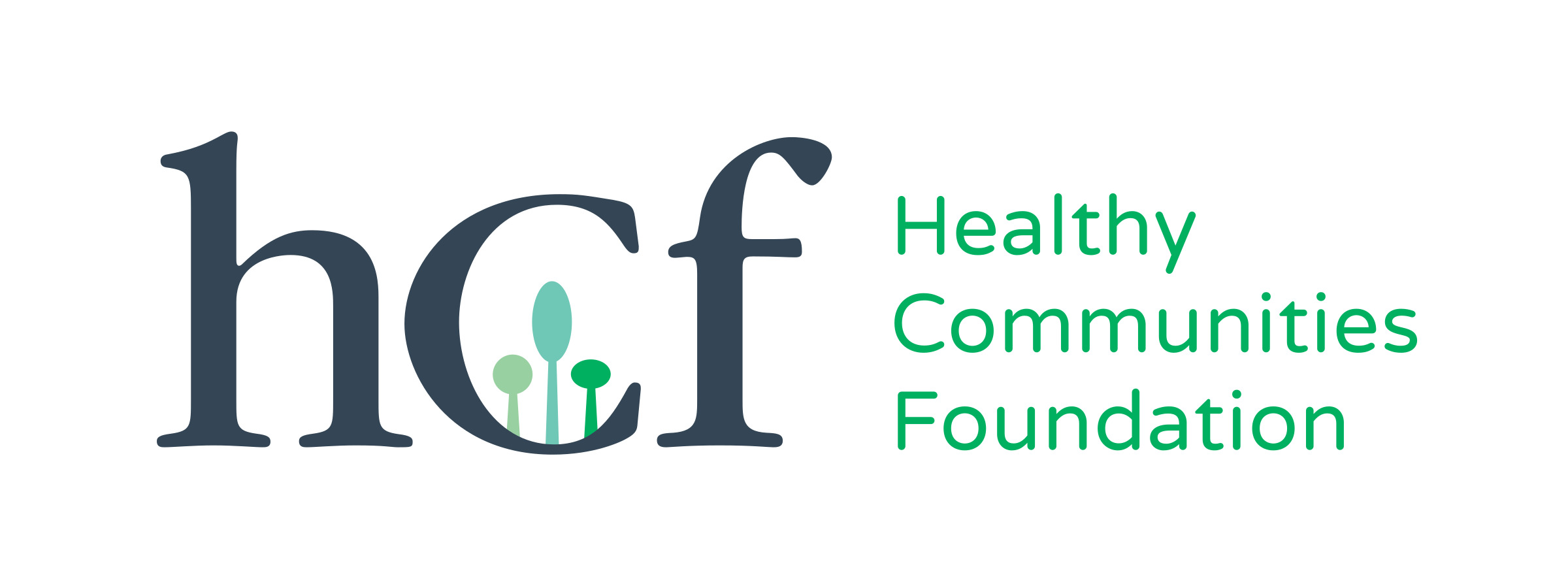HCF Statement Against the HUD Rule

- Posted at
- in News
- by HCF
- . No Comments
Everyone deserves a safe and healthy home to live in. Housing is one of the several factors that heavily influence the health and well-being of individuals, children and their families. However, on May 10, 2019, the US Department of Housing and Urban Development (HUD) proposed a rule that would threaten the prospect of a healthy life for thousands of individuals living in the US.
HUD’s proposed rule would restrict eligibility for housing assistance based on immigration status and would require US citizens and seniors to demonstrate their citizenship to receive or seek these benefits. If finalized, this rule would discourage mixed-status families, those with US-born children and legal permanent resident family members, from receiving or applying for housing support they are rightly eligible for. The rule would likely place these families at risk of being separated and/or of becoming homeless.
We oppose this proposed rule aimed towards US immigrants, seniors, and children, as it is an unnecessary and hurtful regulation. It only serves to perpetuate the health inequities that these communities face and does not resolve the crippling affordable housing crisis in this country.
Our Foundation promotes health equity, quality, and access for residents in our 27-zip-code service area, located in Chicago and the suburban municipalities of western Cook County. Our service region is comprised of 900,000 residents, 75% of whom live in areas that have the greatest health disparities. Over a quarter of individuals living in these specific areas are immigrants and likely live in mixed-status households. The threat of housing insecurity among those who receive housing assistance in our service area and in Illinois is real and can negatively influence health outcomes.
The proposed HUD rule was seemingly crafted to augment the fear our communities have experienced due to the recent public charge rule and the increased threat of Immigration and Customs Enforcement raids and deportations. We have seen how the chilling effect of these relentless threats have deterred many eligible families from applying for and accessing basic nutritional, food and health programs including Medicaid and Supplemental Nutrition Assistance Program. The added concern of family separation and homelessness further engenders mental and physical health issues. This must stop.
Our federal government should effectively address the affordable housing crisis we are experiencing and examine the lack of funding that is compromising the safety, security, and livelihood of eligible families in need of assistance. This crisis spreads widely across the country and it is pervasive in our region. Out of the 34 submarkets for affordable rental housing in the City of Chicago and suburban Cook County, our service region resides in six that have the largest affordability gaps in the county.[1] These submarkets have a large number of affordable housing units but also have higher demand coming from low-income households. Our government should refocus its efforts towards developing a real solution to this growing issue.
As a philanthropic organization, we are often called upon to fill social service gaps that government spending and rule changes such as this one creates. We work best in a complementary way with government and build on the foundation of basic support that it provides. Despite these challenges, we will maintain our strong support for our communities and advocate for them to the best of our ability. We oppose regulations that only serve to spread fear, hate, and injustice.
Having a safe, affordable and accessible place to call home is not a luxury nor a privilege for the few – it is a basic human right that is vital to eliminating the health disparities in our communities and helping them lead healthy and full lives.


